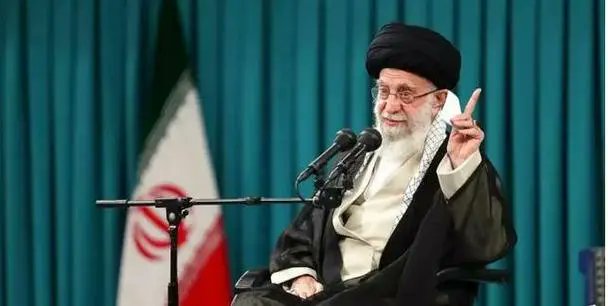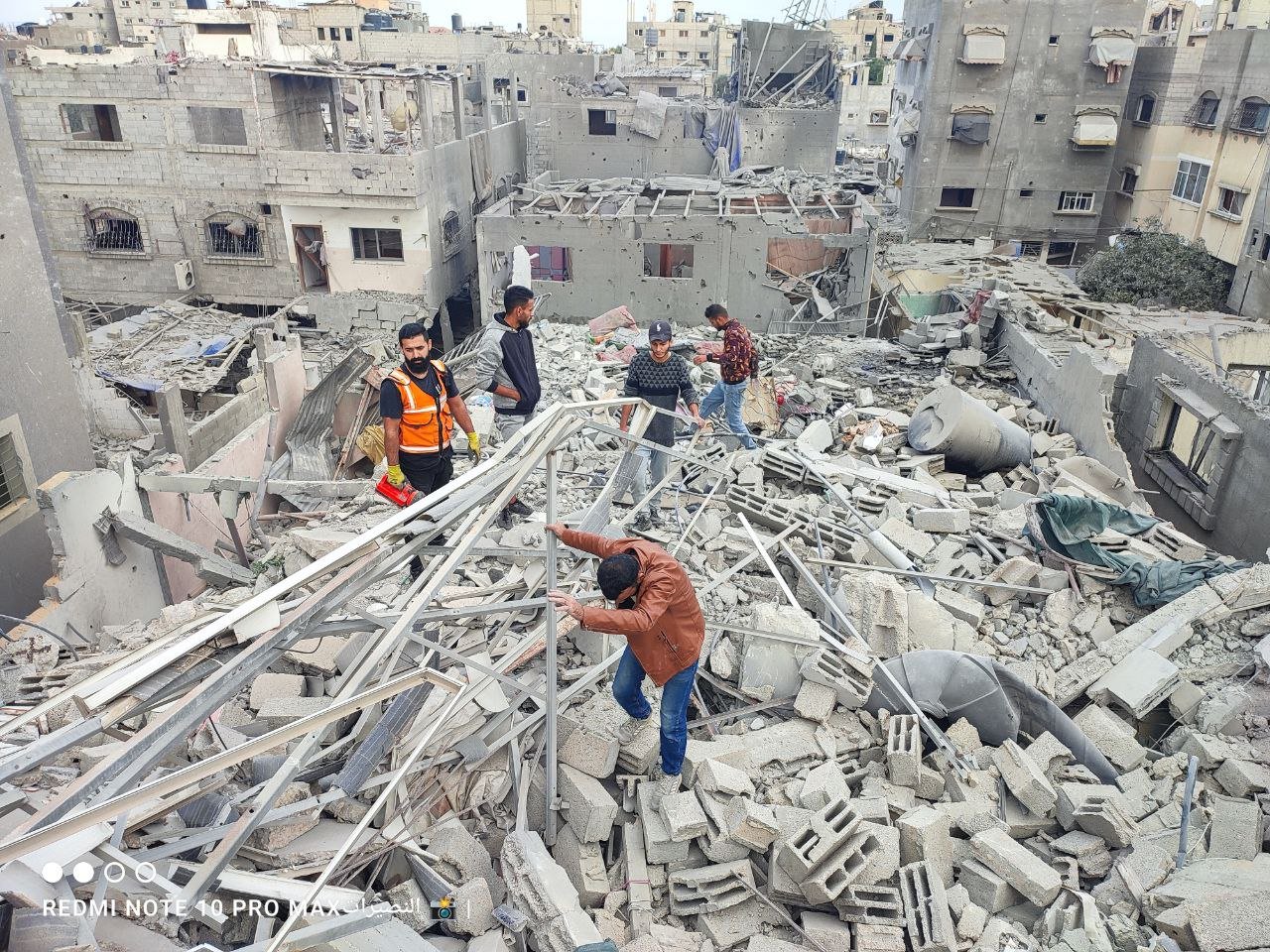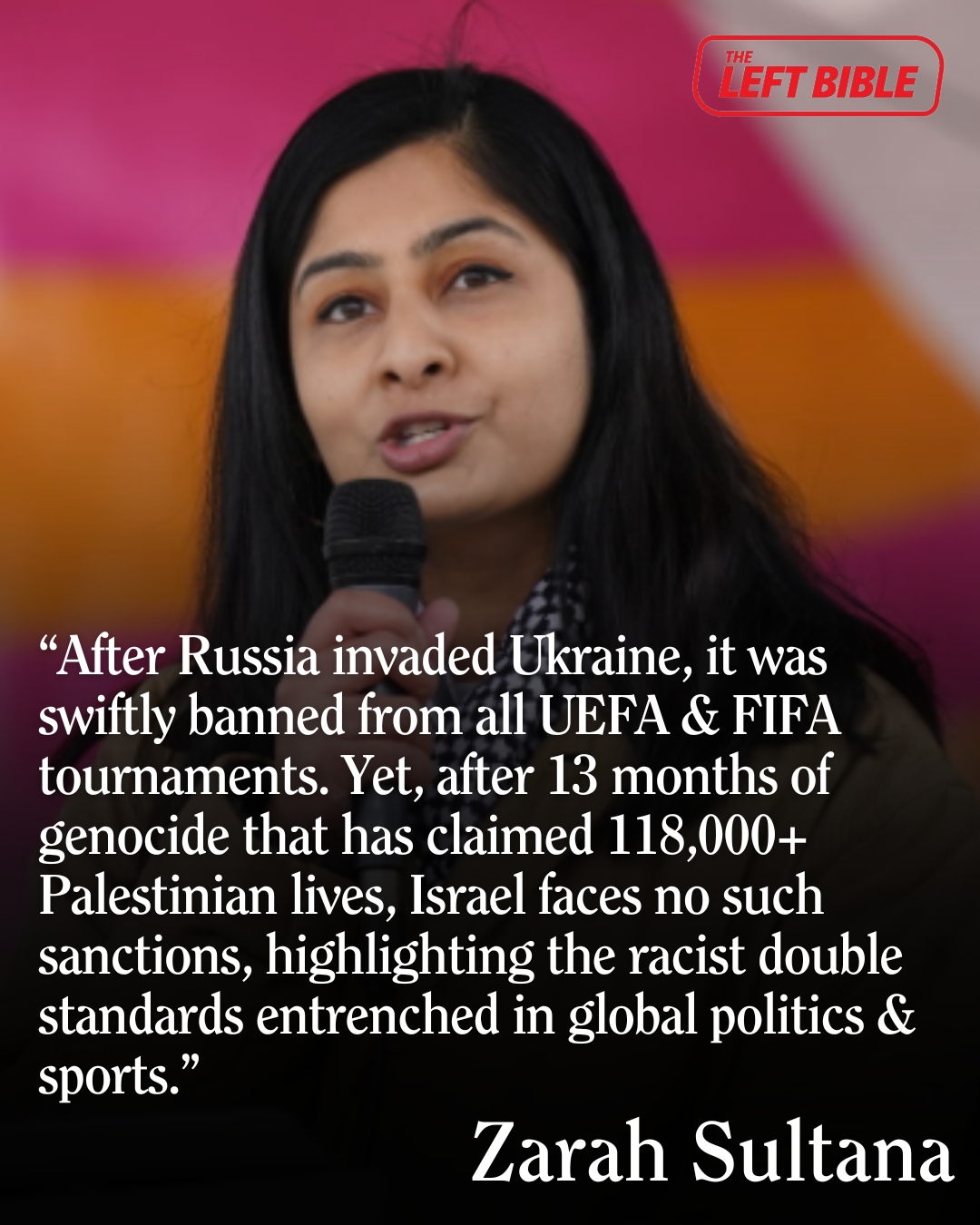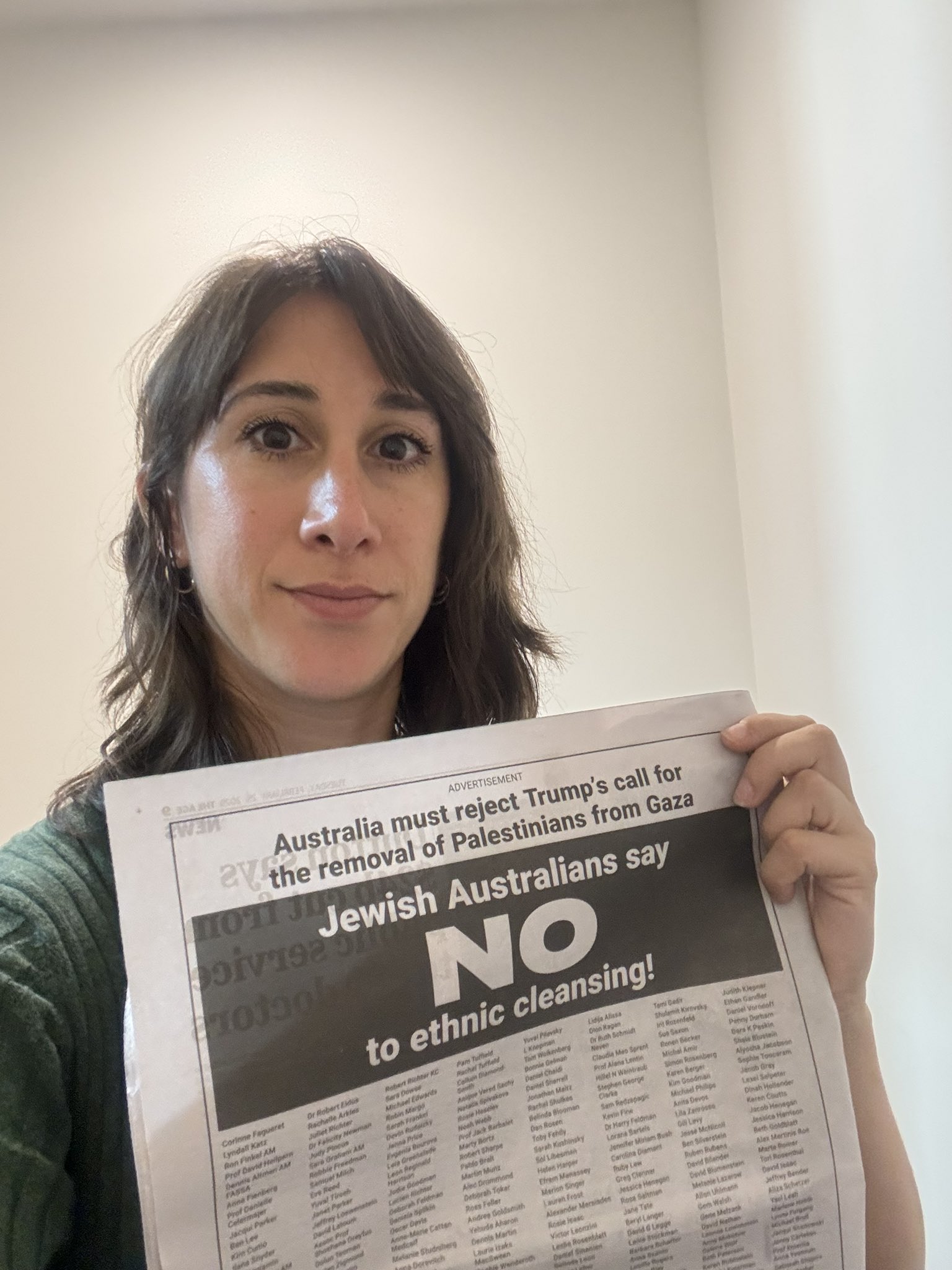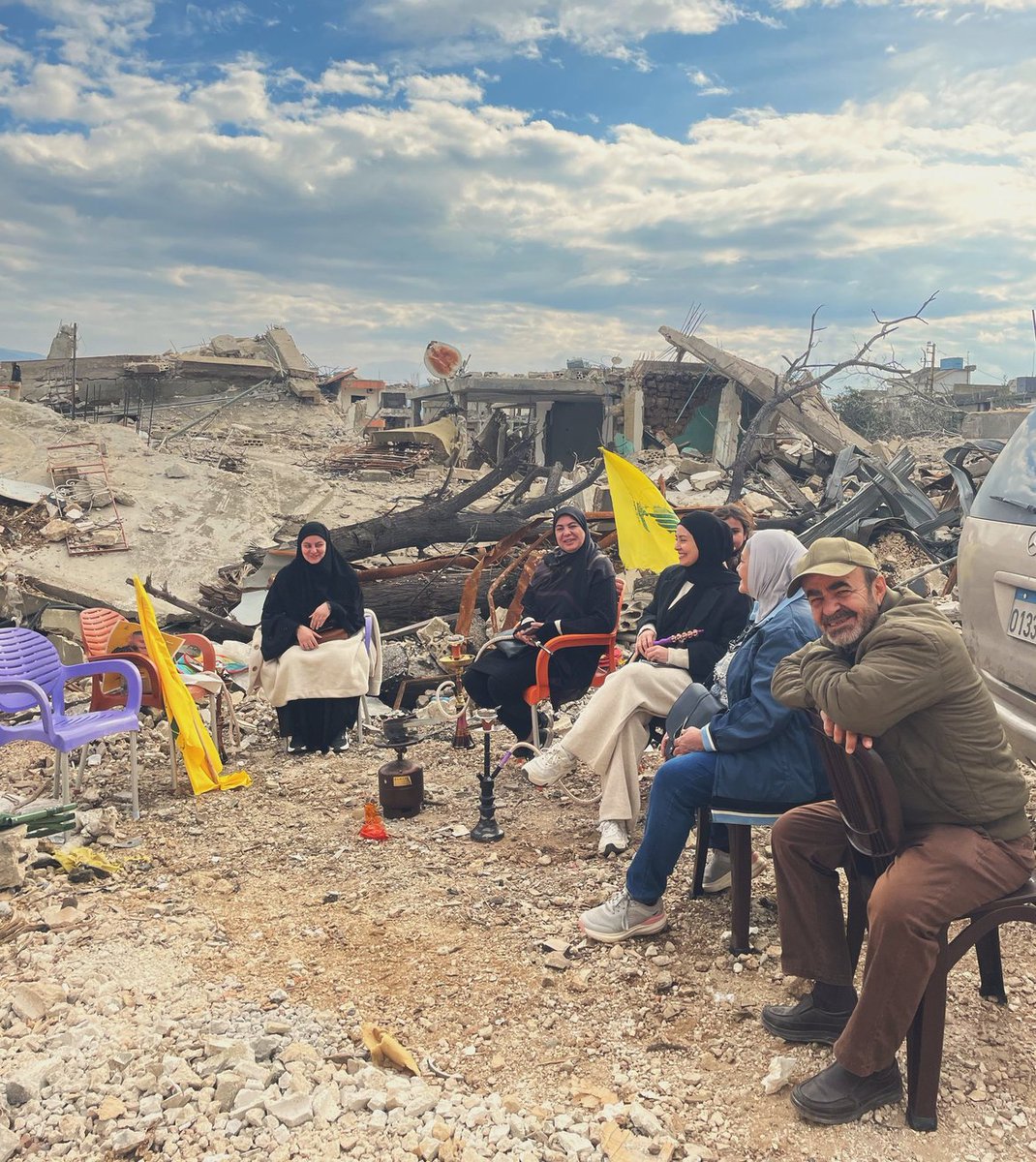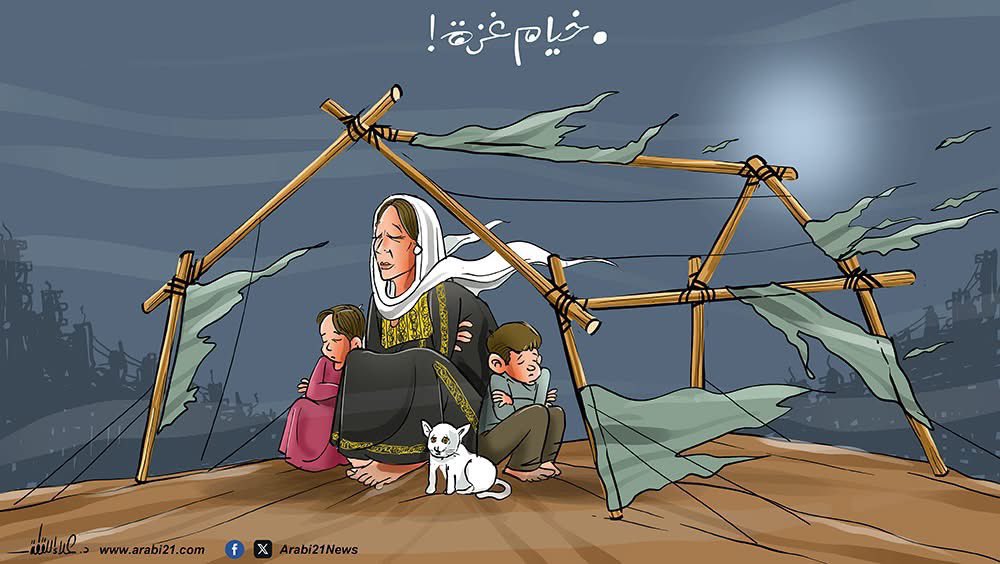The paradoxical phrase, ‘running away forward’ is one of the most apt descriptions that illustrates the state of Israeli affairs now.
It seems that everything that Israel has done in the past year or so is a mere attempt to deny, distract from or escape imminent future scenarios – all of which are bleak.
Indeed, the last year has repeatedly proven that Israel’s military supremacy is no longer able to win wars or decide political outcomes.
Moreover, the genocide in Gaza and the rapid theft of Palestinian land in the West Bank have exposed, like never before, the ugly face of Zionist settler-colonialism. Only those who are wholly indoctrinated or are paying no attention still argue that Israel stands for any kind of moral ideals or is a “light unto the nations”.
Also, incessant attempts by Israeli Prime Minister Benjamin Netanyahu to marginalise, if not entirely erase the Palestinian cause have completely failed. The suffering, resistance and pride of the Palestinian people have made their cause a global one, and, this time around, irreversibly so.
Yet, despite all of this, Israeli leaders continue to drag their people into endless quests toward arbitrary destinations, making promises of ‘total victory’ and the like.
Monitoring statements by Israeli leaders and media conversations in rightwing Israeli press would leave one bewildered.
While over 55,000 Israeli soldiers have tried, but failed, over the course of several weeks to finally subdue northern Gaza, Israeli settler leaders are busy making plans to auction real estate, envisaging new settlements and beach resorts inside the destroyed Strip.
The Israeli newspaper Haaretz reported on October 21 that Israel wants to build several settlement blocks inside Gaza. But how is Israel to protect these areas over the course of months and years when they could not protect southern Israel itself just one year ago?
In the West Bank, where an armed rebellion has been brewing, but is yet to actualize on a mass scale due to the ‘security coordination’ between Israel and the Palestinian Authority, Netanyahu’s rightwing government is speaking of full annexation.
“The year 2025 will, with God’s help, be the year of sovereignty in Judea and Samaria,” said Finance Minister Bezalel Smotrich, referring to the occupied West Bank. Whether Israel turns its de-facto annexation of the West Bank into a de jure annexation or not, it will alter little of the legal status of the West Bank under international law, as an illegally occupied Palestinian territory. The same applies to the Palestinian city of East Jerusalem, which was officially annexed by the Israeli Knesset in 1980, under the so-called ‘Jerusalem Law’.
Not many in the international community are willing to accept Israel’s scheme in the West Bank, anyway, as they, save Washington, still refuse to recognise Israel’s sovereignty over Jerusalem. In fact, the opposite is true, as determined by the International Court of Justice on July 19. The ruling, which was backed by international consensus, resolved that “the State of Israel is under the obligation to bring an end to its unlawful presence in the Occupied Palestinian Territory as rapidly as possible”. On September 17, the United Nations fully embraced the ICJ’s decision.
That aside, by annexing the West Bank, Israel would have fired the mercy shot at the PA, thus turning the entire West Bank into a platform of Palestinian popular resistance. How could Israel withstand that new war front, when it is already struggling, if not outright failing, to secure any victories in Gaza and South Lebanon?
In a recent article, Israeli historian Ilan Pappe wrote about ‘Fantasy Israel’, a decades-long political construct that believed that the “West supports Israel because it adheres to a Western ‘value system’ based on democracy and liberalism.”
That fictional Israel has been collapsing for years, long before the current war on Gaza – though the genocidal war accelerated that process. The collapse of Fantasy Israel “has exposed cracks in the social cohesion, and in the readiness of many Israelis to devote as much time and energy to military service as they did in the past,” Pappe argues.
Israel is now under the control of a different breed of politicians, who are armed with a massive and growing super-structure of an equally close-minded and extremist intellectual base. This group is struggling with a whole different set of illusions, as they continue to convince themselves that they are winning, when they are not; that they can impose their will on the Palestinians, and the rest of the world, when they cannot; that the continuation of the war would allow them to finish a job that, in their minds, should have been finished a long time ago: the total destruction of the Palestinian people.
Since this crowd is motivated by extremist religious ideologies, they are unable to abide by any form of rational thinking, even that emanating from well-regarded Zionist figures inside Israel itself.
“This war lacks a clear objective, and it’s evident that we’re unequivocally losing it,” Former Mossad deputy chief Ram Ben-Barak said during an interview with the Israeli public radio on May 18.
None of this matters to Netanyahu and his rightwing ministers, of course. They continue to reference and recycle old religious dogmas, while fervently praying for miracles. In doing so, they insist on reconstructing a new ‘Fantasy Israel’, which, of course, is set to collapse, as fantasies often do.
Ramzy Baroud is a journalist, author and the Editor of The Palestine Chronicle. He is the author of six books. His latest book, co-edited with Ilan Pappé, is ‘Our Vision for Liberation: Engaged Palestinian Leaders and Intellectuals Speak Out’. His other books include ‘My Father was a Freedom Fighter’ and ‘The Last Earth’. Baroud is a Non-resident Senior Research Fellow at the Center for Islam and Global Affairs (CIGA). His website is www.ramzybaroud.net



